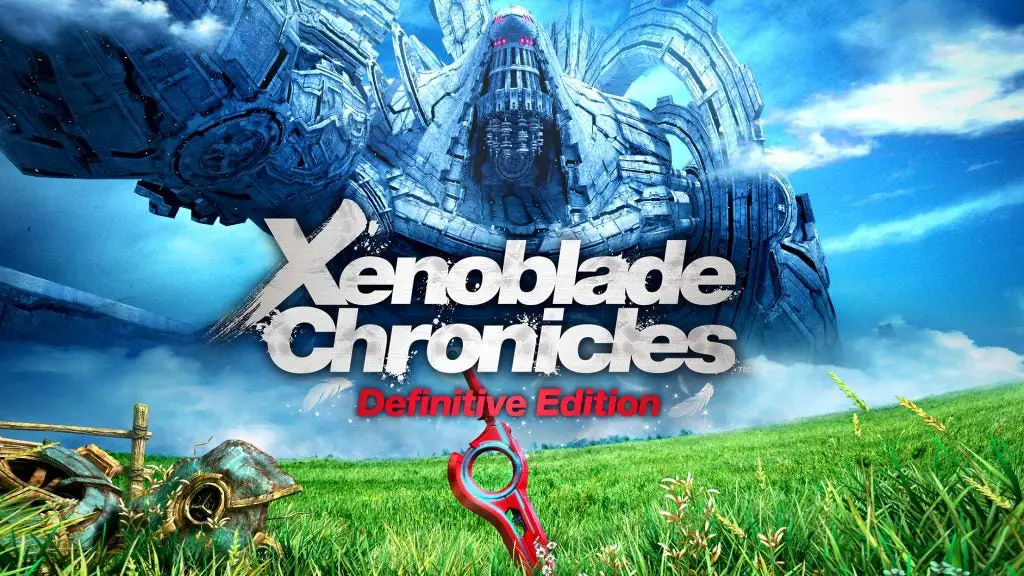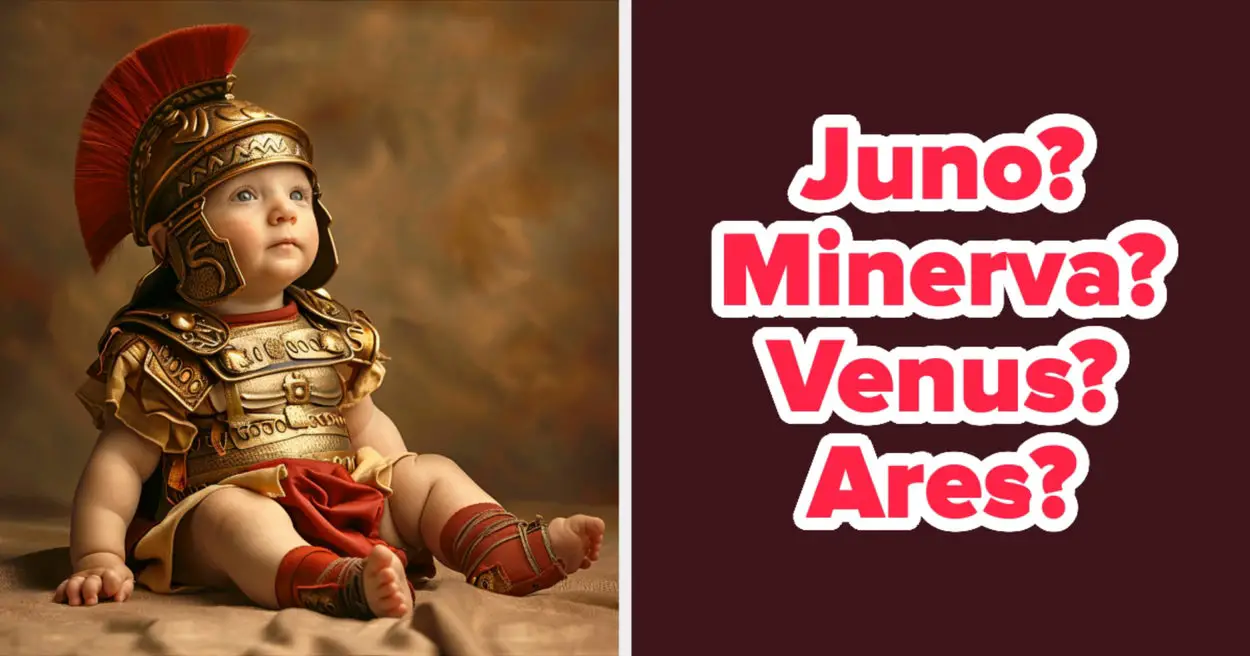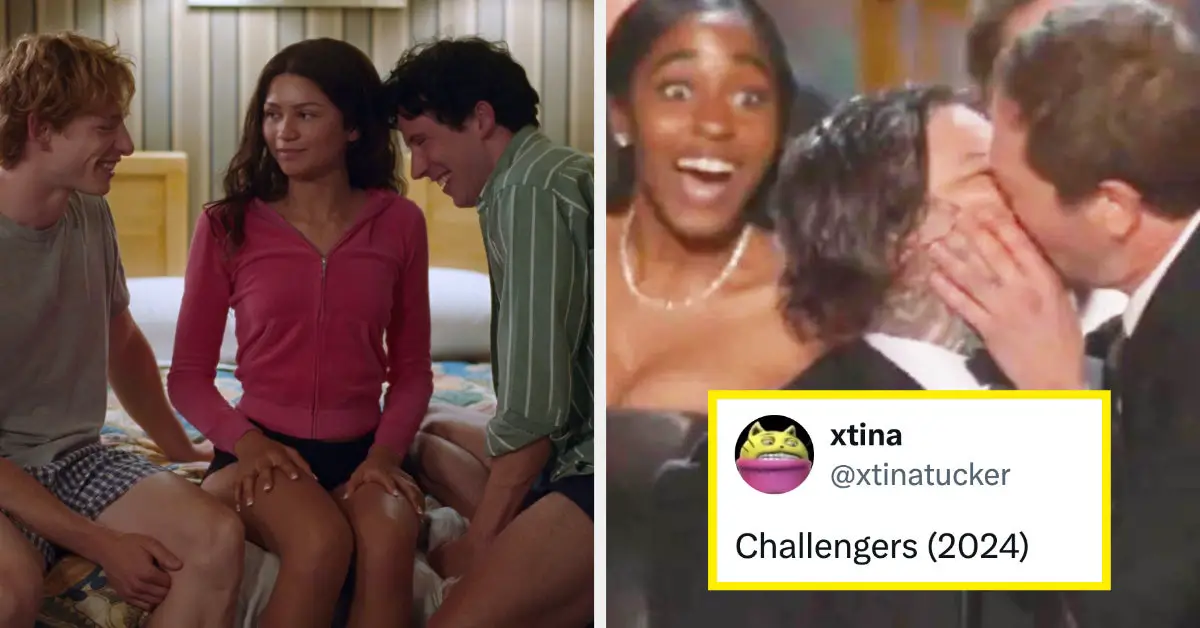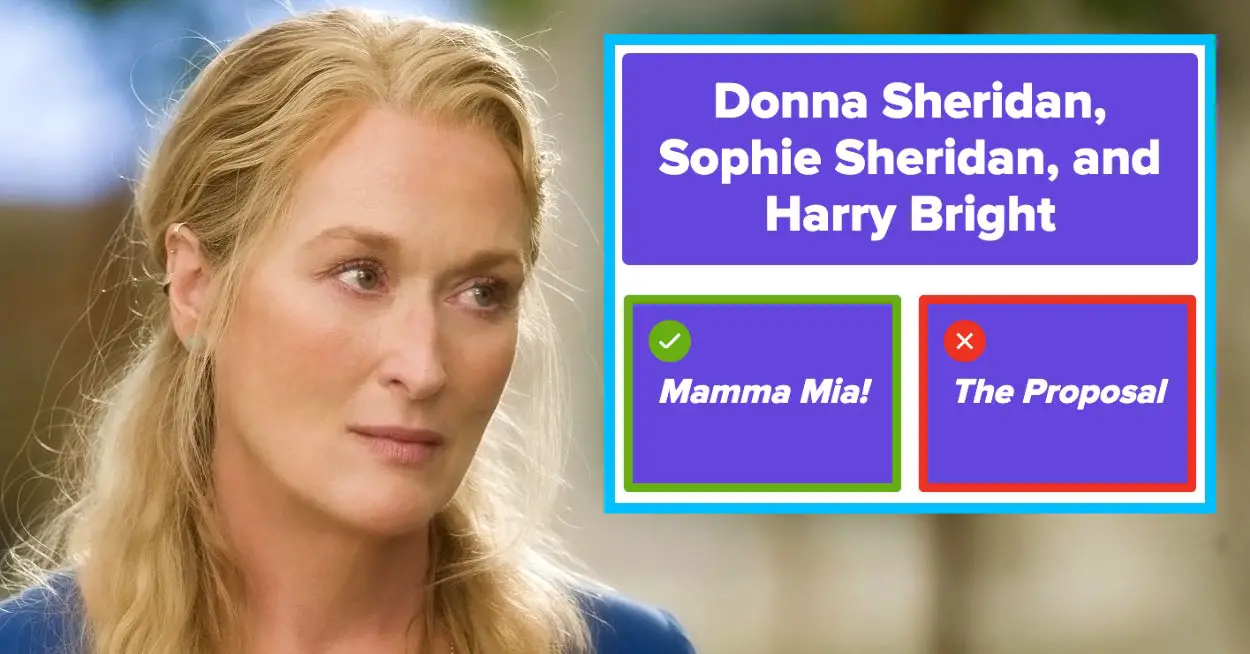Life in a Late Stage Capitalist world is pretty dreary. We’re either on the bus scrolling on the Small Screen, at work staring at the Medium Screen or at home watching the Big Screen. And those screens don’t populate themselves. That’s why you do a cute little dance with your friends. Or film that mentally ill man getting arrested. Either way is fine.
The Attention Economy is becoming more pervasive every day. To keep it turning, everything is becoming content. From our daily routines to our deepest emotions, nothing is off-limits for the voracious appetite of social media platforms. And through constant posting, reposting and algorithmic tuning, we’re slowly sanding away any edges that make us unique… and growing alone in the process.
Among the many platforms constantly churning out the cultural equivalent of beige paste, one stands out as the undisputed champion of capturing and retaining user attention: TikTok.
Everything is becoming TikTok
TikTok is winning the attention war because its algorithm feeds users a never-ending stream of generic and exchangeable short videos that are very specifically tailored to their preferences and behaviors. This creates an addictive experience: TikTok users spend an average of 26 hours per month on the app, more than any other social media platform.
And because time and engagement equals advertising revenue — digital ad spend worldwide will amount to 836B$ by 2026 — every company is trying to become TikTok. Instagram has Reels, YouTube has Shorts, Snapchat has Spotlight, Spotify has its AI DJ, Disney+ and Netflix have adverts, etc. They know they will only succeed if, like TikTok, they offer Infinite, Exchangeable and Personalized content. If it seems these three things are mutually exclusive, trust your instincts.
Originality and diversity are sacrificed for popularity and monetization
Companies needing theoretically Infinite and Exchangeable content means they create algorithms that reward trends that are easy to understand and simple to reproduce. A sort of lowest common cultural denominator. Creators need to jump on these trends, lest they commit social media’s cardinal sin, remaining Unviewed. TikTok Boom author Chris Stokel-Walker put it best : “The algorithm is not neutral. It actively shapes what becomes popular on the platform, and pushes users towards content that matches its own goals.”
This leads to homogenization and commodification of content, as originality and diversity are sacrificed for conformity and imitation. Every Gen Z celebrity is some combination of Kim Kardashian, Blink-182, and Banksy for a reason: they need to be a bland blend of everything that Currently Works to get a chance at being viewed and rewarded. This is a constant adaptation that removes authenticity, as the only way to make it for more than 15 seconds is to be ready to adapt to new trends without thinking.
And we eat it up! As the philosopher Herbert Marcuse wrote, “The people recognize themselves in their commodities; they find their soul in their automobile, hi-fi set, split-level home, kitchen equipment.” In this case, “the people” find their soul in TikTok videos, which are often based on trends, challenges, memes and filters that reduce individuality and creativity to standardized formulas. As a result, culture becomes diluted and distorted, losing its richness and complexity.
True mainstream no longer exists as we get lonelier
Even as it homogenises content, TikTok’s algorithm — ironically — still creates a fragmented and customized reality for each user. They are exposed to content that matches their interests and preferences, but also isolates them from other perspectives and experiences.
That is a very lonely experience; communal viewing is dying, as is the “watercooler moments” it once fostered. If everything is content, then everything is entertainment. If everything is entertainment, nothing is social.
This trend is backed up by plenty of facts and figures; according to new data, teenagers are increasingly lonely, and one in three have seriously considered killing themselves, a figure that has more than doubled in the past decade. As Marx wrote “the alienation of man thus appears as the fundamental evil of capitalist society”. Or, as Britney put it : “my loneliness, is killing me”.
It’s surprising how many people are concerned TikTok may leak data back to China, and how few are concerned TikTok is making a generation of morose, lonely, disconnected, anxious kids with no social skills, attention span or curiosity.
The answer is more authenticity
In his 2009 book Capitalist Realism, Mark Fisher wrote that “Capitalism seamlessly occupies the horizons of the thinkable.” He argued that capitalism had colonized our imagination and creativity, making us unable to envision alternative ways of living and being.
TikTok’s prominence, and the fact that its being copied at every turn is currently occupying our horizons of the thinkable. But we can find healthy alternatives through voluntary authenticity. We need to be more aware and critical of how algorithms shape our attention, our culture, and our selves. We need to question the motives and values behind the content we consume and create, and seek out voices and stories that challenge us and enrich us. We need to reclaim our agency and autonomy from the algorithm, and use TikTok as a tool for expression and connection, not for validation and distraction.
Moreover, it’s vital to foster a few wildly unmarketable, un-segment-able interests, such as early modern British history. Let that hobby be your one act of daily rebellion.
Finally, and as always, remember : It’s Better to be seen than to be viewed.
Good luck out there.
This article was originally written for Contx Media.











Leave a Reply